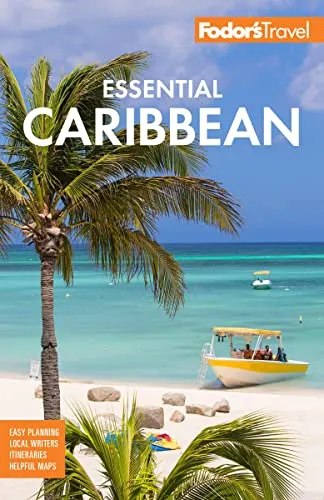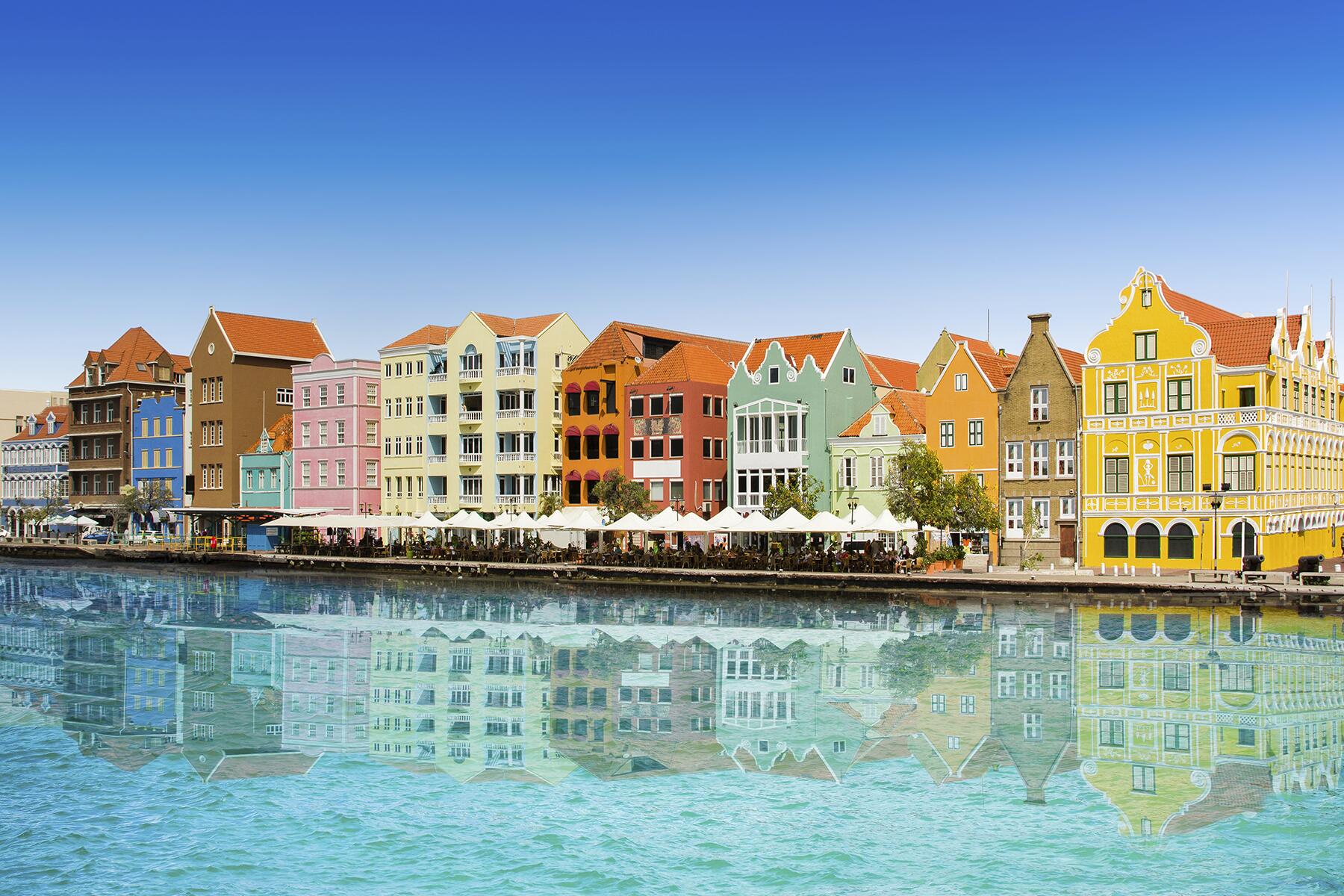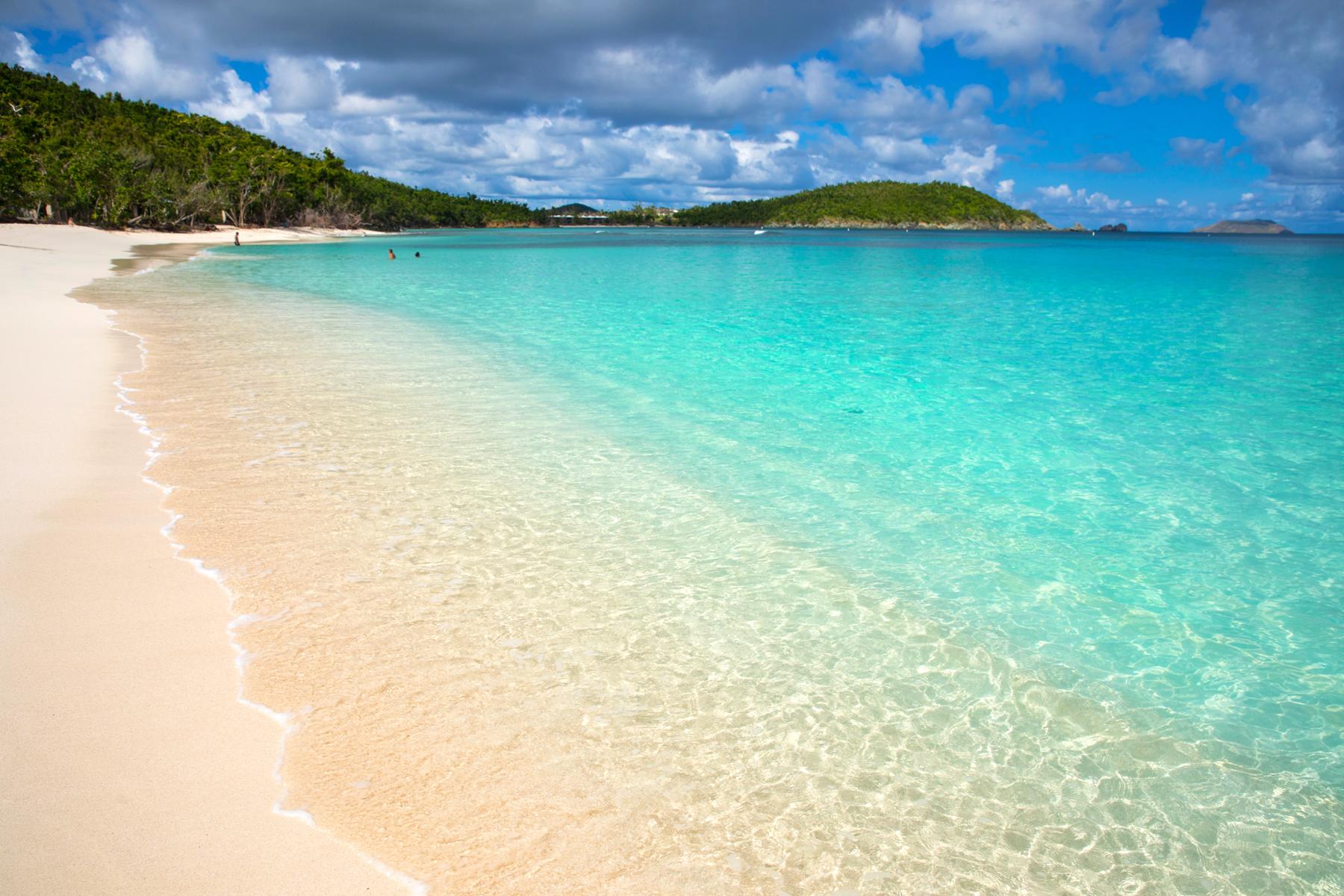Montserrat
Montserrat
Aficionados have always regarded Montserrat as an idyllic, fairy-tale island. But in 1995, Grimm turned grim when the Soufrière Hills volcano erupted. The frilly Victorian gingerbreads of the capital, Plymouth, were buried, much of the tourism infrastructure was wiped out, and more than half the original 11,000 residents departed and have not been able to return.
When the volcano belches (it's been outwardly quiet since 2010), plumes of ash are visible from as far as Antigua; plucky locals joke that new beachfront is being created. The volcano itself is an ecotourism spot, drawing travelers curious to see nature's incredible capacity for destruction and rejuvenation. Ironically, other fringe benefits exist. Volcanic deposits enriched the already fertile soil; locals claim their fr...
Read MoreAficionados have always regarded Montserrat as an idyllic, fairy-tale island. But in 1995, Grimm turned grim when the Soufrière Hills volcano erupted. The frilly Victorian gingerbreads of the capital, Plymouth, were buried, much of the tourism infrastructure was wiped out, and more than half the original 11,000 residents departed and have not been able to return.
When the volcano belches (it's been outwardly quiet since 2010), plumes of ash are visible from as far as Antigua; plucky locals joke that new beachfront is being created. The volcano itself is an ecotourism spot, drawing travelers curious to see nature's incredible capacity for destruction and rejuvenation. Ironically, other fringe benefits exist. Volcanic deposits enriched the already fertile soil; locals claim their fruit and vegetable crops have increased and improved. The slightly warmer waters have attracted even more varied marine life for divers and snorkelers to appreciate, along with new underwater rock formations.
Although an "Exclusion Zone" covers nearly half the island, the rest is safe; in fact, the zone was slightly retracted after the volcano's lava dome partially collapsed during a pyroclastic flow in 2003. Seismologists and volcanologists conduct regular risk analyses and simulation studies; as a result, the Daytime Exclusion Zone shrank after a 2006 collapse, and then expanded again after activity in early 2008 and 2009. Borders retracted slightly in 2010 and 2011, opening parts of Old Towne and Isles Bay to as far as Richmond Hill. Visitors expecting mass devastation are in for a surprise; Montserrat ranks among the region's most pristine, serene destinations, its luxuriant vegetation and jagged green hills justifying the moniker Emerald Isle.
Though Christopher Columbus named the island in 1493 (after the hillside Santa Maria de Montserrate monastery outside Barcelona), most locals are descended from 17th-century Irish Catholic settlers escaping English persecution and indentured servitude. They routed the resident Caribs (who themselves had "evicted" the indigenous Saladoids and Arawaks) and eventually imported slaves to work the plantations. The Gaelic influence lingers in the names of families and places, as well as in folklore, jigs, and even a wispy brogue.
The island's captivating beauty, low profile, and difficult access made it a hip destination in the 1970s and ’80s. Sir George Martin (the Beatles' producer) fell in love with Montserrat and founded AIR Studios on the island in 1979, luring icons such as Eric Clapton, Sir Paul McCartney, and Stevie Wonder to record. Destroyed by Hurricane Hugo in 1989, it was never rebuilt. But locals and expats alike still like a good band. The combined Carnival and Christmas festivities go on for nearly a month, when the island is awash with color, with calypso competitions, parades, and pageants.
Other than the volcano, the steamiest activities are the fiercely contested domino games outside rum shops. That may soon change. The government speaks optimistically of building a new golf course, developing spa facilities to offer volcanic mud baths, even running regular tours—pending safety assessments—of Plymouth as a haunting Caribbean answer to Pompeii. An airport was constructed, partly in the hope of recapturing the villa crowd that once frequented the island. But these developments—as well as debates over the new capital and threatened lawsuits against the British government for restricting access and utility service to homesites—will simmer for quite some time. One thing won't change: the people, whether native-born or expat, are among the kindest anywhere. Hit it off with them, and don't be surprised if you're invited to a family dinner or beach picnic.








